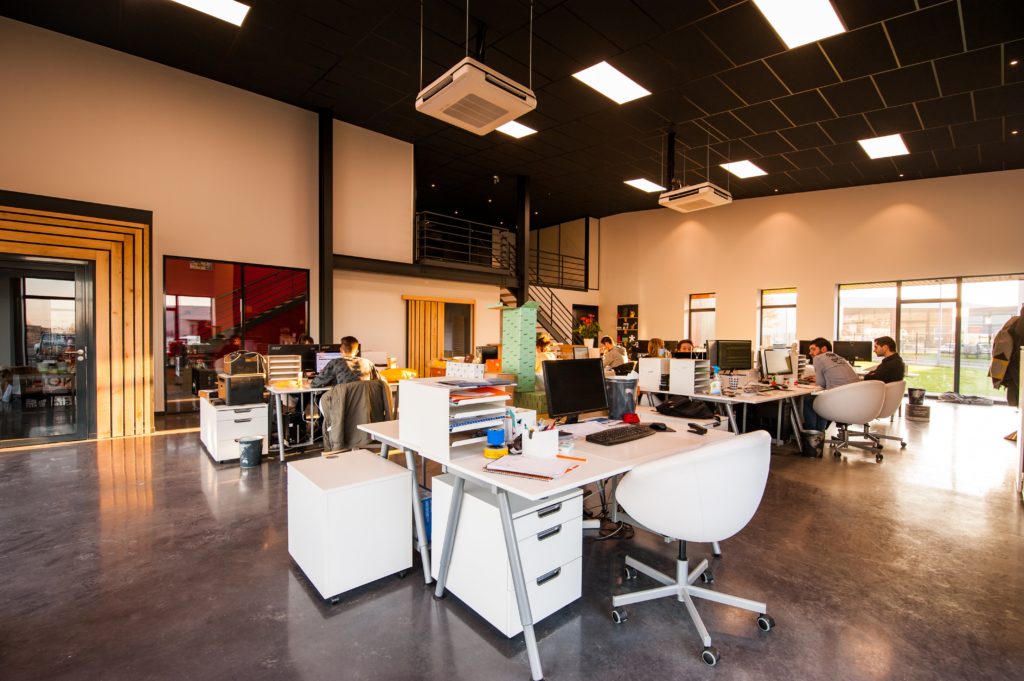What are the benefits of hiring a neurodivergent person?

Featured image by Tima Miroshnichenko, Pexels.com
The term “neurodiversity” was coined in the 1990’s by a sociologist named Judy Singer. The term acknowledges that individuals experience and respond to the world in different ways; it rejects the idea that all individuals think, behave, and learn in the same way and celebrates variations in thinking, learning, and behaving as individuals.
The brains of neurodivergent people function differently in one or more ways than is considered “conventional”. The unique traits of these individuals are what makes them neurodiverse and special. ADHD, Autism, Dyspraxia, Dyslexia, Dysgraphia and Dyscalculia are the most recognised neurodivergences.
What are the benefits of hiring neurodiverse employees?

Image by Fauxels, Pexels.com
Like with other forms of diversity, having neurodiverse employees is key to creating an inclusive workforce which reflects the society in which we live. Neurodiverse employees have valuable skills and talents which will make them a brilliant asset to any company. Here are some of the benefits that you can expect a neurodiverse employee to bring to the organisation:
- A unique perspective: each neurodiverse employee is unique and has their own individual talents that will benefit the organisation that they work for, both financially and in terms of workplace culture.
- Creativity and innovation: hiring neurodiverse individuals will allow organisations to hear unique perspectives and ideas to solve a wide range of problems.
- Commitment: neurodiverse people can be among the most committed, loyal, and hardworking employees.
How can neurodiverse employees benefit the team environment?

Image by Cadeau Maestro, Pexels.com
Creating a diverse workplace is something that every organisation should strive for. Not only because it is the right thing to do, but also because hiring candidates from a wide range of backgrounds and with various skillsets will bring many benefits to the company.
Whilst companies have made strides in creating inclusive workforces that are diverse in terms of ethnicity, sexuality and gender, neurodiverse individuals continue to be overlooked, especially during the recruitment process. This means that organisations miss out on opportunities to solve problems within their company as they do not have a diverse workforce to offer a fresh perspective.
Here are the three main benefits of having a neurodiverse team:
- Organisational effectiveness – Having an inclusive workforce means that companies are exposed to a wide range of backgrounds, experiences, cultures, approaches, and perspectives; they may succeed in ways that an organisation with a homogenous culture may not.
- A healthier working environment – neurodiversity in the workplace contributes to an inclusive work environment which indicates that differences are to be celebrated rather than criticised and flawed. Neurodiverse individuals perform better when they can be themselves and not have to mask their individual traits to fit in with company standards or societal expectations.
- Creating a resilient and more competitive organisation – Each neurodiverse individual has their own unique talents and will approach tasks in ways that neurotypicals may not.
How to start hiring a neurodiverse workforce?

Image by Andrea Piacquadio, Pexels.com
In seeking neurodiverse employees, employers are not only welcoming candidates who think differently to neurotypical employees but are also acknowledging that neurodiverse employees can offer a wealth of benefits to their company. At Exceptional Individuals, we provide consulting, recruitment and employment support to employers and individuals with ADHD, autism, dyslexia and dyspraxia.
We partnered with Ryman in 2015 to resolve three barriers they were facing: not having access to the neurodiverse talent pool, improving turnover rates, and improving recruitment practices.
Since partnering with Ryman, we have successfully onboarded over 50 entry-level workers in Ryman stores. Ryman’s increasingly neurodiverse workforce not only better aligns with the company’s values but means that they have a more creative and dynamic workforce than ever before.
Read all our case studies.
To create a neurodiverse workforce, companies should consider the following key points:
- Disclosure – Make sure that you are offering candidates the opportunity to disclose any condition that may be a hindrance to them doing well during the recruitment process.
- Adjustments – Ask the candidate if they require any adjustments to be made during an assessment or recruitment process. This may include increasing time limits if they are made to sit an exam, sending interview questions to the applicant beforehand, or having someone present, e.g., a support worker, to support them.
- Opportunity of a remote interview – Neurodiverse individuals may have cognitive/physical impairments that may make attending an interview in person either difficult or very stressful. Where possible, please offer the opportunity of a remote interview. This will lessen the stress often felt by neurodiverse individuals, and therefore, the chances of not securing a job.
- Transparency – For some neurodiverse individuals, especially those with autism, there is a very strong connection between high stress levels and uncertainty. However, hiring managers can help neurodiverse individuals by informing them how many interviews are required and what they can expect at each stage of the interview process.
Find out more about our employer services.




